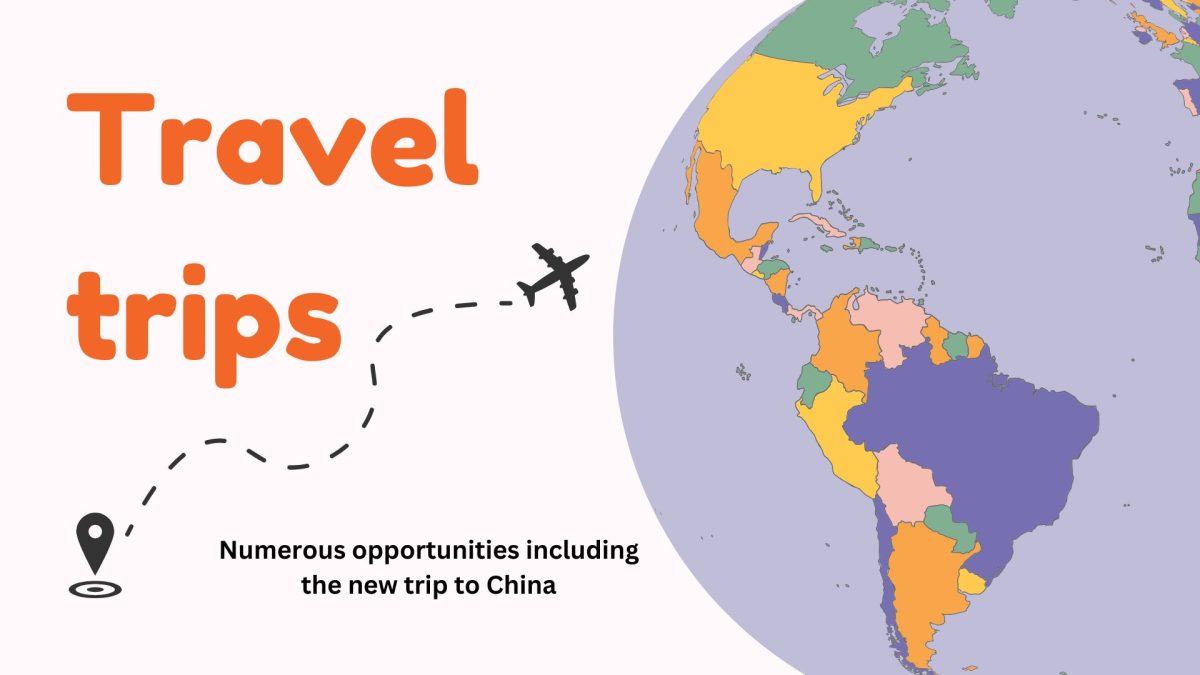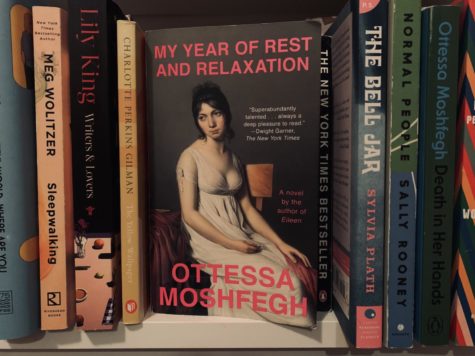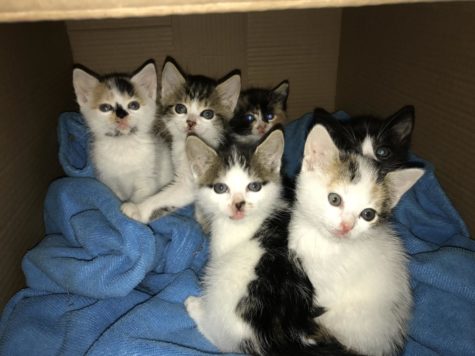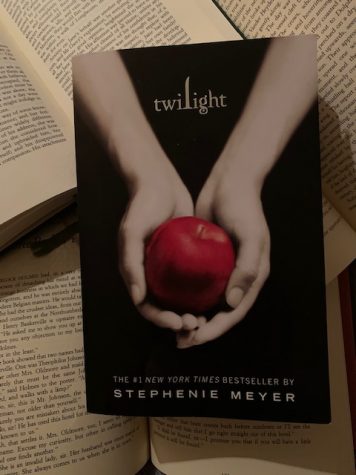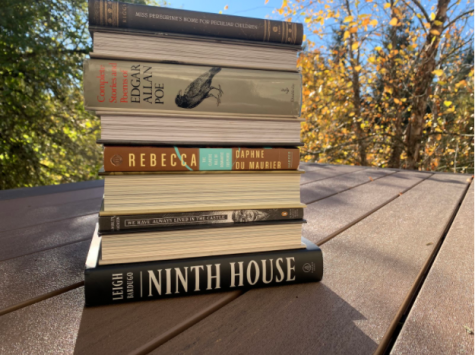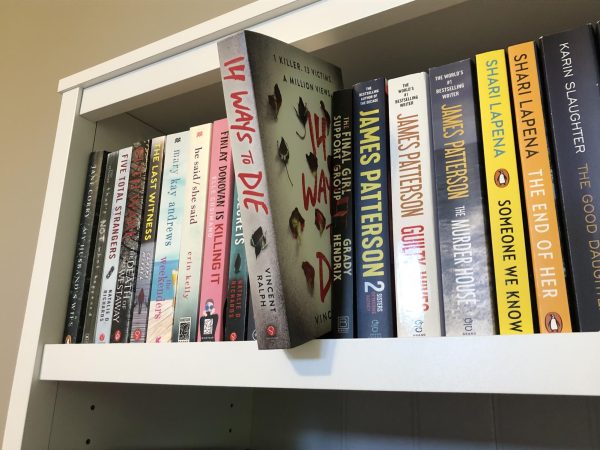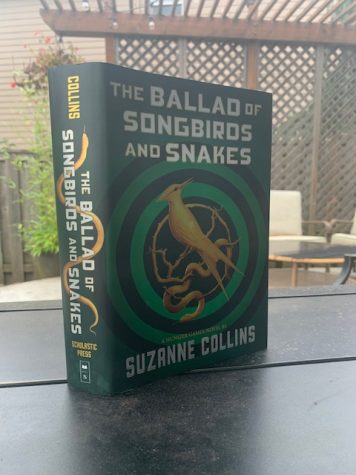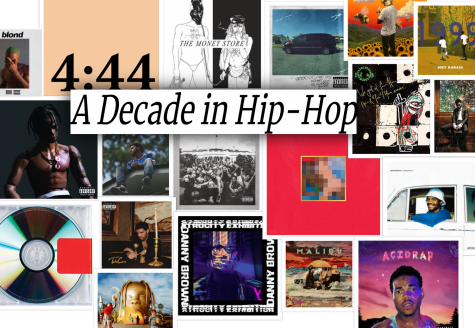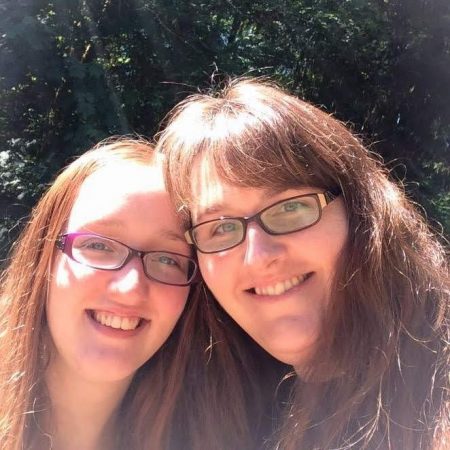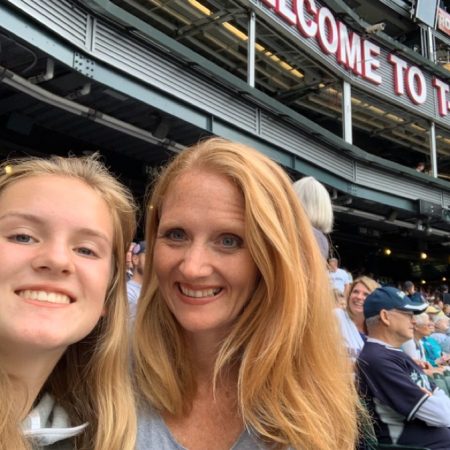Students must work together to bring change
West Linn High School has once again has found itself dealing with a series of racially charged
comments made by students in the hallways, bathroom stalls and on social media. The administration was quick to send out an email to parents to inform them of the situation, and
teachers stopped class to discuss discrimination. Even after students
orchestrated a walkout last year, specifically to protest racism, we have not made progress.
Regardless of political ideology, age, or gender, most people would agree that society should
strive to eliminate the unfair barriers to success created by racism, sexism or other forms of
discrimination. Our failures to progress towards this goal is evident in the halls of a suburban
high school, and to a much higher degree, in the predominantly black inner city communities found around our country.
Our struggle to find an effective solution is caused by an unwillingness to attempt any
Understanding of the opposite side; we would much rather ostracize someone and ignore
their opinions than try to engage with them and create tangible change. This is evident
when we assert that our president is a racist idiot without ever asking why he won the
election in the first place. We would much rather call someone out on social media for being
racist than have a productive conversation with them to change their mind. We would rather do
a big dance, spin, hop and toot about discrimination than write and communicate to our local
mayor or congresswomen about unfair hiring practices. I’m 100 percent guilty of this myself.
When people use expressions such as, “The people at West Linn are EXTREMELY racist,” “If
someone wants to use racist language, that school should let us fight them,” or staging a
walkout, while certainly well intentioned, creates backlash because they inherently
draw lines about who is with us and who is against us. They serve to create a view that, “We
need to take down the racists,” which obfuscates our ability to solve the root cause of the
problem. Discussions about how teachers could help change our school for the better are
crowded out by a need to call people “racist” for the most minute infractions. This environment
creates and ferments an anger, or a frustration, because students must hold back and tip-toe
around what they really want to say. Asking questions such as “Why have the last three
Chairmen of the Federal Reserve been Jewish?” or “Why, on average, do black people have
one tenth the wealth of white people in the U.S.?” are discouraged because of a fear to not be
racist.
The backlash from this environment will also create a group of dissenters who will be
quick to say, “The West Linn liberal snowflakes are once again oversensitive,” and write even
more racial slurs in the bathrooms to prove their point. When our actions create conflict, hatred
and disagreement will overshadow our good intentions and create a polarized environment that
only breeds more discrimination. Dialogues that start off as, “You’re being racist,” are going to be sarcastically answered with, “You’re right, I’ll never tell a joke in my life again. I’m so sorry for
offending half of a person.” Demonstrations like those of Colin Kaepernick will be met with
“Oppression isn’t real.” Black Lives Matter protests will be matched by an alt-right riot. The rise
of the confederate neo-nazi groups we see today indicates the extent of backlash that
progressive rhetoric is capable of creating. Our current approach must be adjusted.
We should ask ourselves why some people feel that way and center our
discussions on those feelings and their answers. Understanding that people are scared,
angered or feel excluded allows us to more effectively communicate with them. For example, understanding that many Trump supporters are low-income individuals who are part of a rural
working class that hasn’t seen a real wage increase in the last 50 years, while the rest of
America has gotten substantially richer, helps spur more productive conversations than the
current narrative that portrays all Trump supporters as ignorant.
Even in the face of the blatant racism of police brutality, it is better to work with the police
to solve local crimes, than to reject their help, a widespread phenomena that only leads to
more crime and poverty. It is better to try and understand the root causes of hate speech, than it
is to brawl on the streets. Retaliatory violence is sometimes a necessary survival strategy, but in
the context of creating overarching social change, conflict is counterproductive.
Only through mutual agreement can we garner communal support necessary to create laws,
change perceptions and ultimately achieve social equality. We need to realign ourselves
toward the world in a way that ensures our solutions are derived from the correct epistemology.
If not, we will only replicate the violence we see today. More than ever, we need to question our
methodology to ensure it’s beneficial to our cause. Screaming, “Die racists! Die!” in the middle
of Starbucks doesn’t bring about change; the barista will just tell you to shut up.
Your donation will support the student journalists of West Linn High School. Your contribution will allow us to continue to produce quality content by purchasing equipment, software, and continuing to host our website on School Newspapers Online (SNO).


























![Game, set, and match. Corbin Atchley, sophomore, high fives Sanam Sidhu, freshman, after a rally with other club members. “I just joined [the club],” Sidhu said. “[I heard about it] on Instagram, they always post about it, I’ve been wanting to come. My parents used to play [net sports] too and they taught us, and then I learned from my brother.”](https://wlhsnow.com/wp-content/uploads/2024/03/MG_7715-2-1200x800.jpg)





![The teams prepare to start another play with just a few minutes left in the first half. The Lions were in the lead at halftime with a score of 27-0. At half time, the team went back to the locker rooms. “[We ate] orange slices,” Malos said. “[Then] our team came out and got the win.”](https://wlhsnow.com/wp-content/uploads/2023/10/IMG_2385-1200x800.jpg)





![At the bottom of the third inning, the Lions are still scoreless. Rowe stands at home plate, preparing to bat, while Vandenbrink stands off to the side as the next batter up. Despite having the bases loaded, the team was unable to score any runs. “It’s just the beginning of the season. We’re just going to be playing out best by June, [and] that’s where champions are,” Rowe said.](https://wlhsnow.com/wp-content/uploads/2024/03/IMG_3077-1200x900.jpg)







